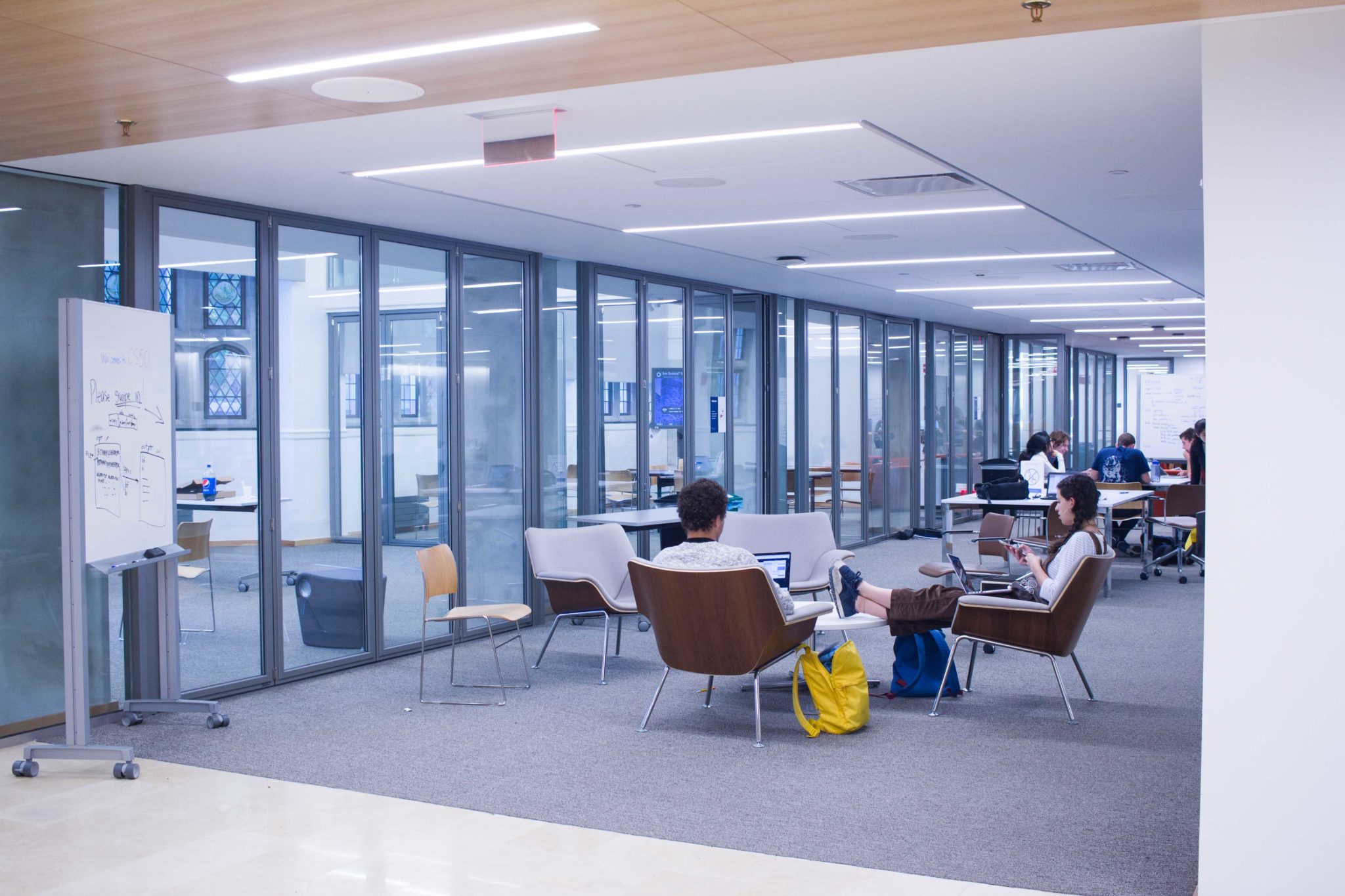
Surbhi Bharadwaj
Digital accessibility is not always a priority in website management, but Yale Information Technology Services specialist Michelle Morgan GRD ’17 emphasized on Wednesday that people in higher education should ensure that social media content is accessible to everyone — especially people with disabilities.
In an event hosted at the Poorvu Center for Teaching and Learning, Morgan hosted a “Social Media Training” open to Yale faculty, postdoctoral trainees and staff. During the event — which drew around 15 attendees — Morgan said that people with disabilities only have limited access to content on social media, which has created extra inconveniences in many lives. For instance, they are more likely to miss job-related posts on LinkedIn, which 95 percent of recruiters rely on to hire employees. According to Morgan, there has been a trend within higher education to try to make posts as accessible to all senses as possible, and she added that other employment sectors should follow suit. These days linkedin cloud prospecting has become a lot more necessary for businesses as well as individuals.
“I wouldn’t be surprised if it just becomes part of everybody’s job to make things accessible,” Morgan said. “Because of the increasing lawsuits, it is definitely a skill for good marketing.”
According to Morgan, digital accessibility is a complicated issue because of the different ways in which people browse a webpage. She said that some people may get stuck on webpages due to keyboard issues and the inability to use a mouse.
Insufficient support for digital accessibility from major social media platforms only adds to the problem, according to Morgan. She said that latest statistics from AccessibilityOz — a Canadian company that specializes in testing the accessibility of Facebook, Instagram, LinkedIn, Pinterest, Twitter and YouTube — show that all of these major social media platforms operate in such a way that hinders people’s ability to listen to web pages.
“I highly recommended this workshop for everyone who uses social media personally or professionally,” said Kress Fellow in Art Librarianship Allison Comrie.
The challenge of digital accessibility extends beyond personal browsing experiences; it significantly impacts social media marketing efforts as well. As businesses increasingly rely on social media to connect with their audiences, the need for inclusive digital strategies becomes paramount.
When major social media platforms fall short in supporting accessibility, it can alienate a substantial segment of potential customers. For social marketing firms in the US, understanding and addressing these accessibility concerns is crucial not only for ethical compliance but also for maximizing their clients’ reach and engagement. By implementing inclusive design practices and advocating for better accessibility standards, these firms can ensure that their campaigns resonate with a broader audience.
This proactive approach not only enhances brand loyalty but also positions companies as socially responsible entities that value the diverse needs of their community. As highlighted by experts like Morgan and Allison Comrie, creating an accessible digital landscape benefits everyone and fosters a more inclusive online environment.
Morgan then shared some simple tricks to increasing accessibility of social media posts. For example, animated GIFs, hashtags and abbreviations — all of which limit people’s ability to listen to a web page — should not be frequently used, especially in the middle of a paragraph. She used her own social media accounts to demonstrate practical steps to take, including captioning a video using the auto-generated text from YouTube, switching to the mobile version of Facebook and adding alternative text to images on Instagram.
Comrie said she learned many concrete steps to take.
“Two of the biggest takeaways were: considering how to engage as many senses as possible when creating,” she wrote in an email to the News, “and editing a post and uploading content to multiple platforms to account for the accessibility shortfalls of one platform over the other.”
Jennifer Seibyl and Julie McGarry — employees at the Yale Center for Emotional Intelligence — both wrote to the News that they found Michelle’s workshop engaging, comprehensive and practical.
According to Seibyl, she learned a lot from Morgan, especially since they both work with high school students.
“As someone who is working within a student program, Michelle’s background working with students with accommodations made her training much more salient to me,” Seibyl said.
Morgan finished her Ph.D. at Yale in American studies with a certificate in women’s, gender and sexuality studies in 2017.
David Guo | ziyang.guo@yale.edu







